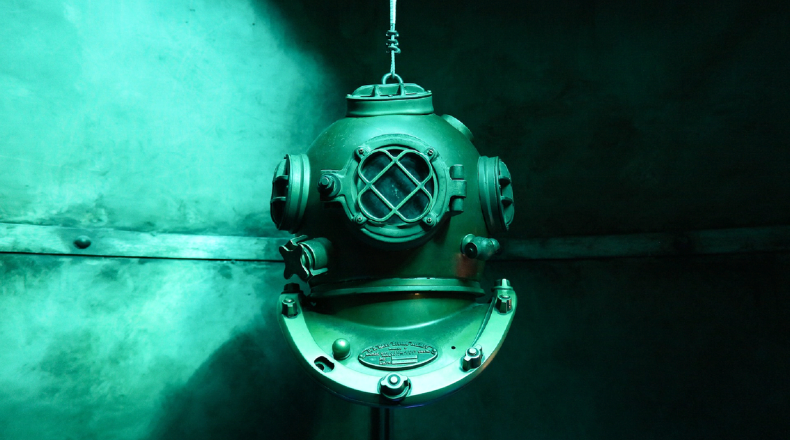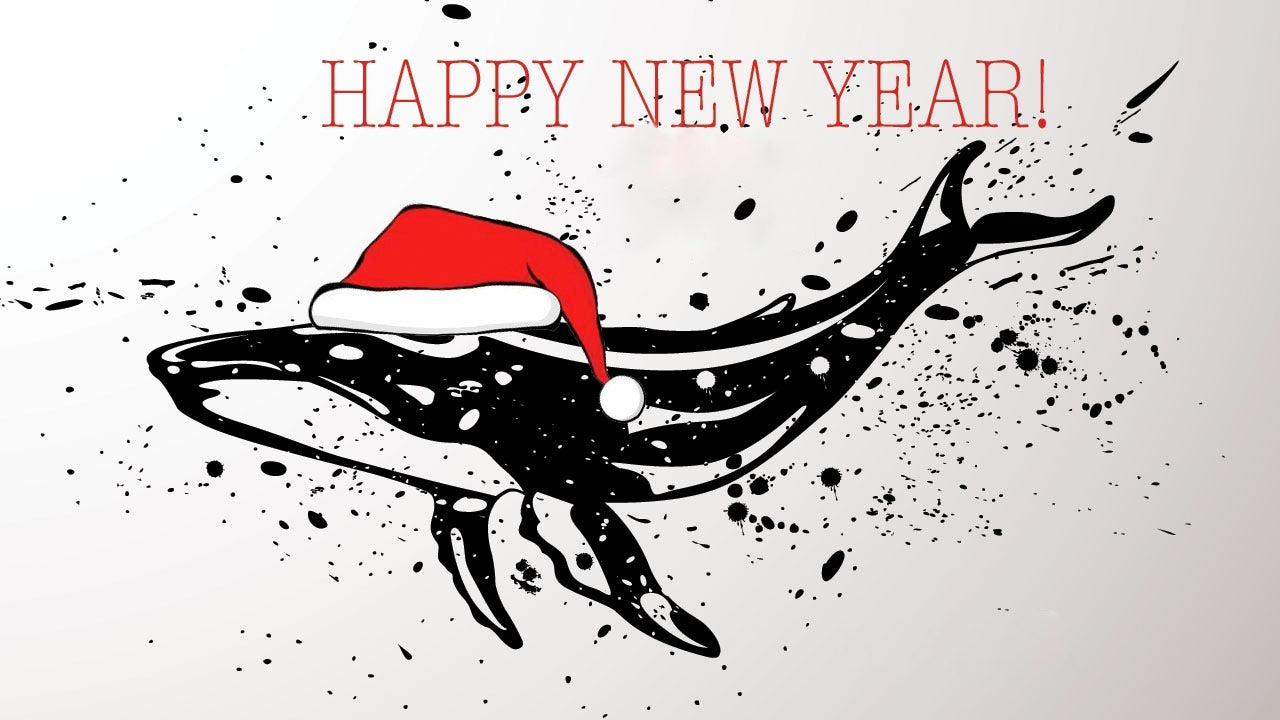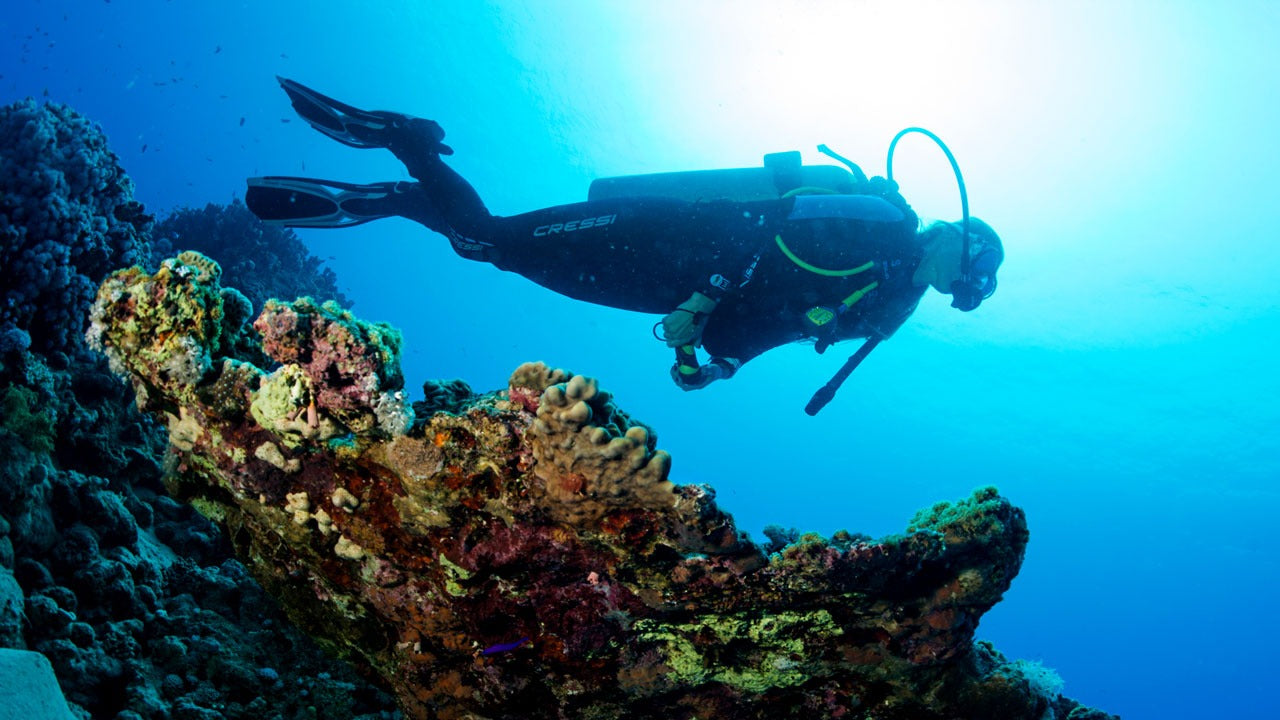How Can a Local Dive Center Help You Become a Professional Scuba Diver?

The local dive center in your neighborhood is a great place for you to be on your way to become a professional scuba diver. If you are thinking of taking scuba diving as a career sport, you should acquaint yourself with the kind of facilities on offer by the local diving center.
The local diving center has professional courteous staff, most of whom are expert scuba divers. They will teach you how to become an expert at scuba diving. These dive centers also sell scuba diving equipment that allows you to purchase your scuba diving gear from one place.
You can find the local diving center near your area by searching the phone book or googling the internet with the keywords “dive equipment”, “diving instructions”, or simply “diving”. Availing the facilities of the local diving center will be the first step in becoming an expert scuba diver.
When you enter the local diving center, you will hear unfamiliar words like “Open Water Course”, “regulators”, “certification” etc. In order to understand this scuba language, here is a quick course to help you communicate easily with the scuba diving staff at the local diving center.
Scuba Diving Certification
Scuba diving is not regulated by any professional body. It is generally a self-regulated profession. However, there are private certification agencies that have outlined specific skills that are necessary for you to learn to become a certified scuba diver. The reason for this requirement is to maintain safety records in the scuba diving profession. Your local dive center can teach you these skills through their certification training programs. Upon successful completion of this certification-training program, you get a “certification card” or “C-card” which shows that you are a “certified” scuba diver. What it means is that you are now certified to dive without needing the assistance of a scuba diving instructor. The local dive center is not allowed to rent or sell you scuba diving equipment unless you attain this certification.
Open Water Courses
The “Open Water Course” is a scuba diving training program conducted by your local dive center. This program allows you to dive in open waters like ocean, and seas. Only certified scuba diving experts can take you through this program which takes anywhere between 20 – 40 hours to complete. The training program is usually conducted on weekends at night time. However, the schedule and course demands dictate when the dive center conducts its training programs.
There are normally three types of open-water courses available at the local dive center. They include an academic, pool (confined water), and open-water training.
a. Academic dive training: Academic drive training is a blend of lectures, quizzes and audio/video presentations. Before diving in the water to learn scuba diving, you have to equip yourself with the necessary dive-related knowledge. You have to buy a course text and study materials to learn the art of scuba diving. At the end of each chapter, you are given self-quizzes to check if you have mastered specific chapters of the coursebook.
After reading the study material and completing your self-quizzes of each chapter, you will have to attend 20 hours of classroom meetings. An expert scuba diver will teach you everything there is to know about scuba diving. In the classroom sessions, you will review important concepts relating to scuba diving, participate in classroom discussions, and also view video or slide presentations. At the end of the classroom training, there will be a written and verbal quiz to test whether you have mastered the concepts relating to scuba diving.
b. Pool (confined water) training: The fun part of the scuba diving course begins with the pool (confined water) training. This training will teach you basic scuba diving skills in a confined-water (pool) sessions. The training sessions will be an opportunity for you to apply the theoretical concepts of scuba diving that you have learned in the academic sessions.
Although the local diving center can provide you scuba diving rental gear, it is important that you purchase your own diving gear including mask, fins, and snorkel to name a few. The reason for this is that they are akin to personal items of clothing. You probably wouldn’t want to rent and wear someone else’s shoes, socks, or shorts. Similarly, you may not want to wear some of these gears as they are exposed to certain sensitive parts of the body. In scuba diving terminology, it is known as ”Exposure Protection that describes personal scuba diving gear.
Other types of personal scuba diving gear that you want to purchase include Neoprene wet suits, Lycra dive-skins, and inflatable dry suits. Besides you should also purchase “regulators and gauges” and “buoyancy compensator”. The regulator and gauges are a type of underwater breathing apparatus while buoyancy compensator provides buoyancy control that is attached to the back of your tank.
Worried about the cost of these scuba diving gears? You should not break a sweat. The cost of purchasing a full scuba diving gear is comparatively cheaper to other sports and is similar to purchasing jogging shoes and a pair of shorts.
c. Open Water Training: After completing the pool (contained water) scuba diving training program, you are ready for the open water-training program. This program is the real deal. You will dive in open waters, lakes, and oceans and experience the ultimate underwater scuba diving all under the watchful eyes of a trained instructor.
In a way, the open water training program is the certification that allows you to show off your scuba diving skills. You will practically demonstrate that you have become an expert in utilizing self-contained underwater breathing apparatus, scuba for short, to dive deep in lakes, seas, and oceans.
Once you have mastered the art of scuba diving, you will receive a C-certification; proof of your expertise in underwater diving. You can now dive at exotic and deep places of the world without the assistance of an expert trainer. There is no expiration of the C-card. However, diving experts recommend that after the training program, one should train as much as possible to become a professional scuba diver.
A Rewarding Experience
Learning to scuba dive is a rewarding experience. The training and especially the academic part may be challenging for you. But once you have mastered the skills required for scuba diving, you can experience unlimited pleasure and enjoyment in diving deep in oceans and seas. With the help of a local diving center, diving is no longer a sport for the selected few. Anyone who has a passion for the open seas and wants to explore the unknown depths is welcome at these diving centers. So, do you dare to explore?




